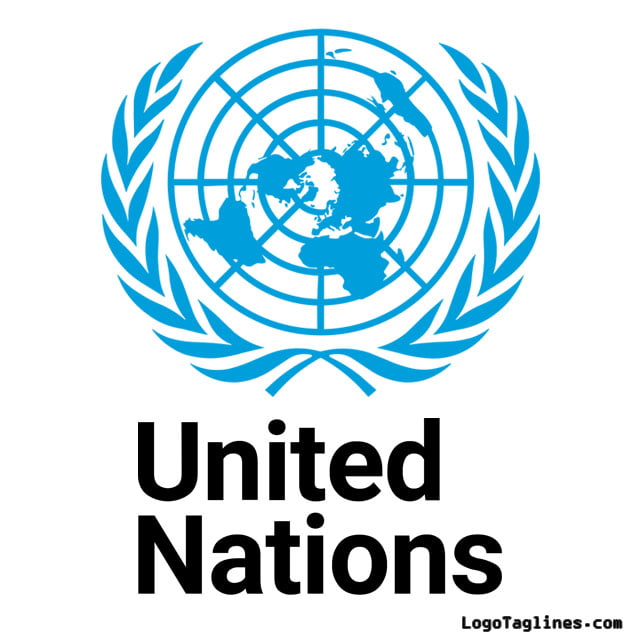The situation in the Middle East
Report of the Secretary-General on the United Nations Disengagement Observer Force (S/12083 and Add.l)
1. The PRESIDENT (interpretation from French):
I draw the attention of the Council members to the two documents before them. There is, first, the report of the Secretary-General on the United Nations Disengagement Observer Force (UNDOF) for the period from 25 November 1975 to 24 May 1976 [S/12083 and Add.l]. In addition, we have a draft resolution presented by Benin, Guyana, Pakistan, Panama, Romania and the United Republic of Tanzania, [S/12088], which was considered in the course of the consultations which were held this morning.
2. Before I put the draft resolution to the vote, I would inform the Council that the Secretary-General has expressed a desire to speak at this stage. If there are no objections, I shall now call upon the Secretary-General.
3. The SECRETARY-GENERAL: I have already had the opportunity to inform the members of the Council, during the informal consultations this morning, about my visit to Damascus. Permit me, therefore, simply to make the following points in relation to that trip.
4. As may be recalled, when I spoke to the Council at the end of the Council’s debate in January [1879th meeting], I referred, in my brief statement, to certain deadlines that might confront the international community. Obviously, one such deadline was the renewal of UNDOF’s mandate this May. As you are aware, following the January debate I took some steps with a view to trying to reactivate the negotiating process. I shall, of course, continue those efforts.
5. In the course of the consultations with the parties concerned on the question of the prolongation of the mandate of UNDOF, I sent a message to President Hafez Al-Assad, asking him to give his consent to the renewal of the mandate for a further period of six months. Before giving me his answer, the President asked me to make a visit to Damascus in order to discuss the matter personally with him. After careful consideration of the issues involved, and fully conscious of my duty as Secretary-General, I accepted his invitation. I limited the trip to Damascus because I had already received the consent of Israel to the prolongation of the mandate.
6. In Damascus, where I arrived on 26 May, I had extensive talks with President Assad and Foreign Minister Khaddam during which we had a wide-ranging discussion of the Middle East situation, including the crisis in Lebanon. The President expressed his concern about the fact that no progress had been made in regard to a global solution of the Middle East problem and emphasized that he could not permit UNDOF to become a permanent institution. He stated once again to me the position of his Government on the essential elements for a global solution of the Middle East problem. The President expressed his support for my own efforts in this regard and indicated that he was aware that more time was needed to advance the cause of peace.
7. I had a second meeting with President Assad on the morning of 27 May, when the primary focus was the Syrian response to my appeal for the continuation of the UNDOF mandate. Reiterating his willingness to afford the United Nations time for further peace efforts, the President declared that he would consent to the renewal of the mandate for a further six-month period.
8. The Government of Israel informed me, after my departure from New York en route to Damascus, that the consent given to me previously for the prolongation of UNDOF’s mandate was conditional on a similar agreement by Syria without political conditions. The assent of the Government of Israel to the continuation of UNDOF was confirmed on 27 May.
9. Now that both Syria and Israel have agreed to the prolongation of the mandate, I am confident that the Council will take the necessary action to enable UNDOF to continue its vital task of assisting in the maintenance of quiet in the area and of providing an atmosphere conducive to further peace efforts.
10. I feel obliged once again to express my concern at the continued lack of progress towards a just and lasting peace in the Middle East. As I have stated in my report, the situation in the Middle East as a whole remains tense and unstable and will become increasingly dangerous unless such progress can be made. For my part, I intend to continue my efforts to advance the cause of peace, and I hope for the full co-operation of all the parties concerned in this endeavour.

